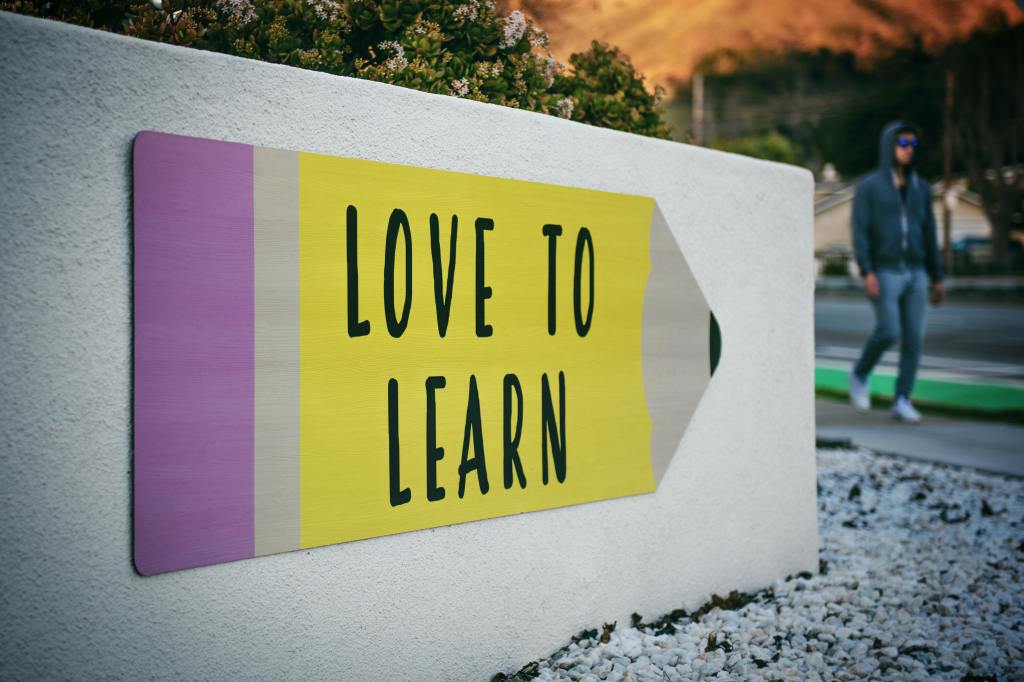Tag: curriculum
-
Point-of-view thinking as a response activity

Helping students to translate academese to everyday-human language is often one of the foundational goals of our classes. Yet, there never seem to be a lot of strategies for higher education teachers to target that particular need. Here’s where point-of-view responses can help. What is it? The point-of-view strategy allows students to think like a…
-
Early reflection and feedback on teaching and learning

We all love to complain about those end-of-term student evaluations. And while there are undoubtedly problematic pieces, we shouldn’t be surprised by the outcomes. How do we avoid those numeric surprises (or disappointments) linked to job performance? Well, we integrate early reflections on teaching and learning–that’s how. It is becoming common for instructors to add…
-
Contract grading and the role of professionalism

When you ask educators what one of the worst parts of their jobs is, they will usually respond with “grading.” While it doesn’t have to be the worst part of our jobs, it certainly can be. And for those of us in professions-focused departments, schools, and colleges, grading doesn’t seem to reflect the professional expectations…
-
Building from the bare bones: Skeleton notes and lesson structure

Scaffolding learning for students is one of the best ways to get students from where they start to the place we want them to be at the end of a lesson, unit, or class. A way to do this is to use skeleton notes, also known as guided notes, to give students a structure for…
-
Utilize classroom creeds for student agency and respect

One of the most critical shifts in education can and should be giving students the power to empower one another. Developing a class creed can be done at the beginning of any term, and you won’t regret it. All too often, our syllabi represent one voice–our own. If you stretch that slightly, it also represents…
-
Constructing strong and sustainable objectives

One of the building blocks of curriculum design is the objective or the outcomes and goals instructors want to achieve by the conclusion of a course or an individual lesson. Objectives can also be tied to department-, school-, college-, or university-wide goals and outcomes. This post will first provide a brief primer to Bloom’s Taxonomy,…
-
How we bowl (academically) with bumpers

As many of us encroach on the final weeks of the academic term, finding opportunities for balance becomes increasingly difficult. This post allows us to reflect on our preparation for the end-of-term grind. What is more common than the senior slide? The end-of-semester/trimester/quarter slump. And that slump emerges in many different ways in ourselves and…
-
Revisiting the syllabus: Paths toward successful course design

Constructing a syllabus can feel much more daunting of a task than the “syllabus week” sentiment carries. The power packed into that semi-annual document requires significant time and attention. This post provides a seven-step process to think big about your course and transform that thinking into your syllabus. Use this table of contents to jump…

